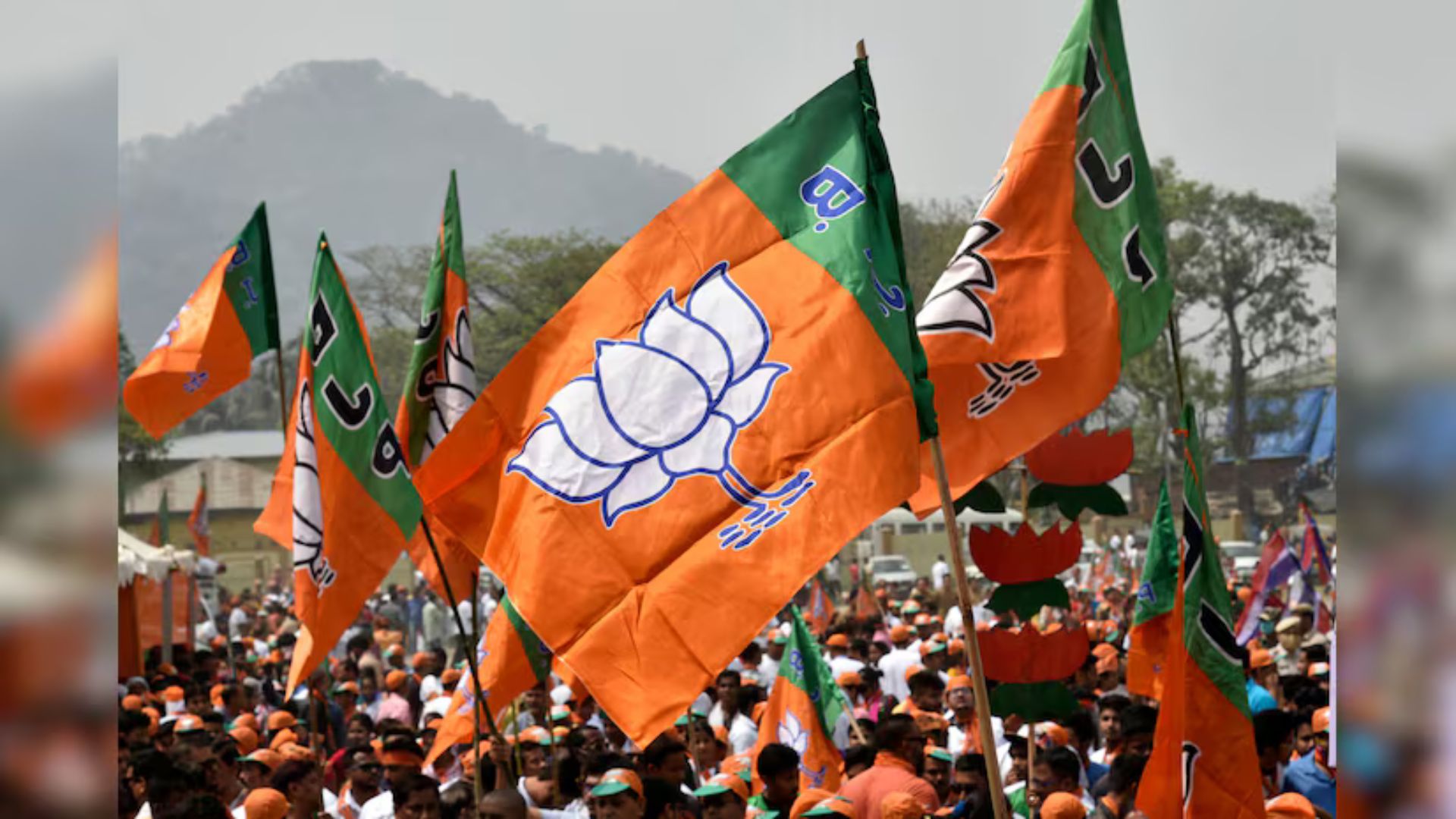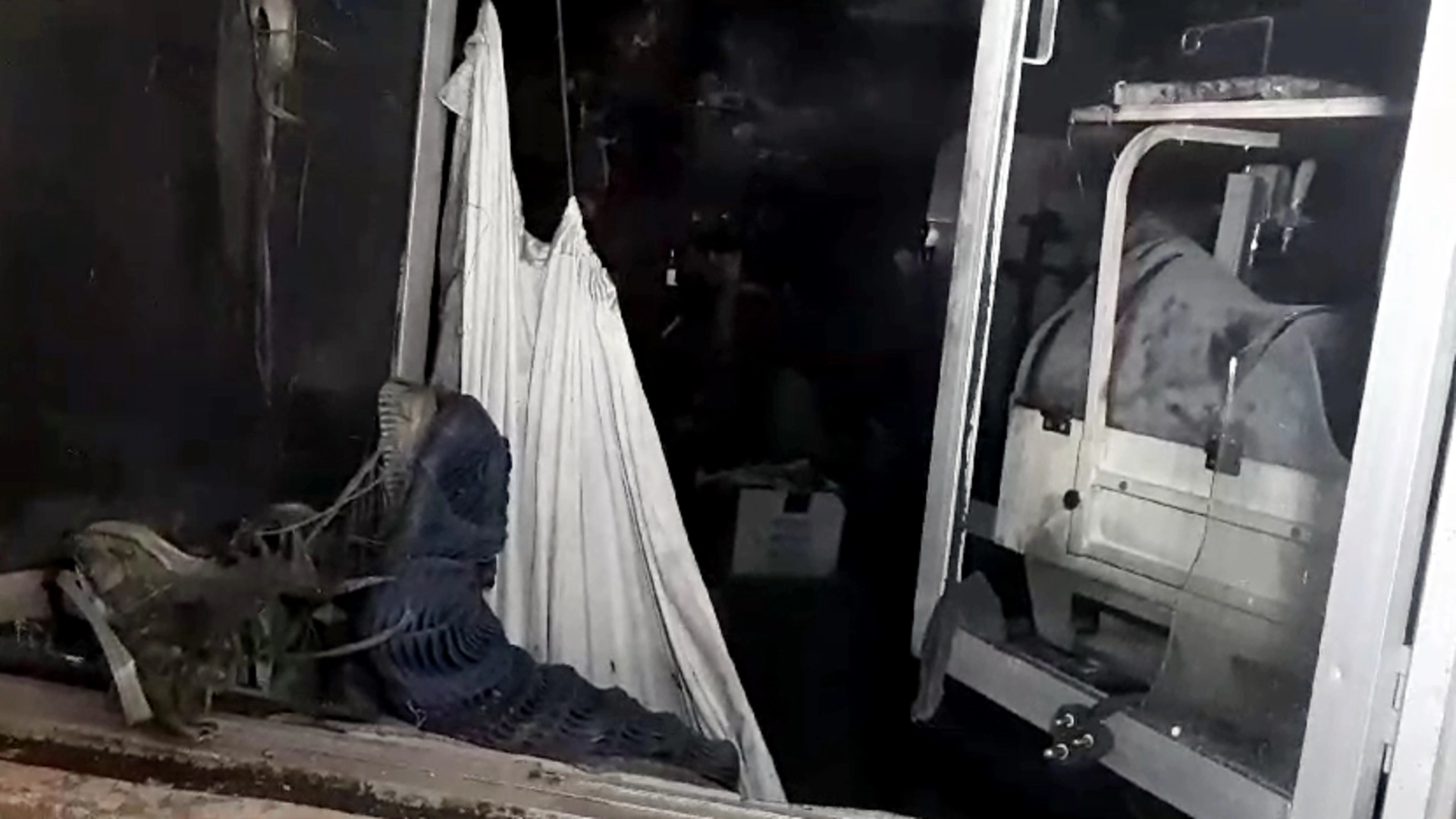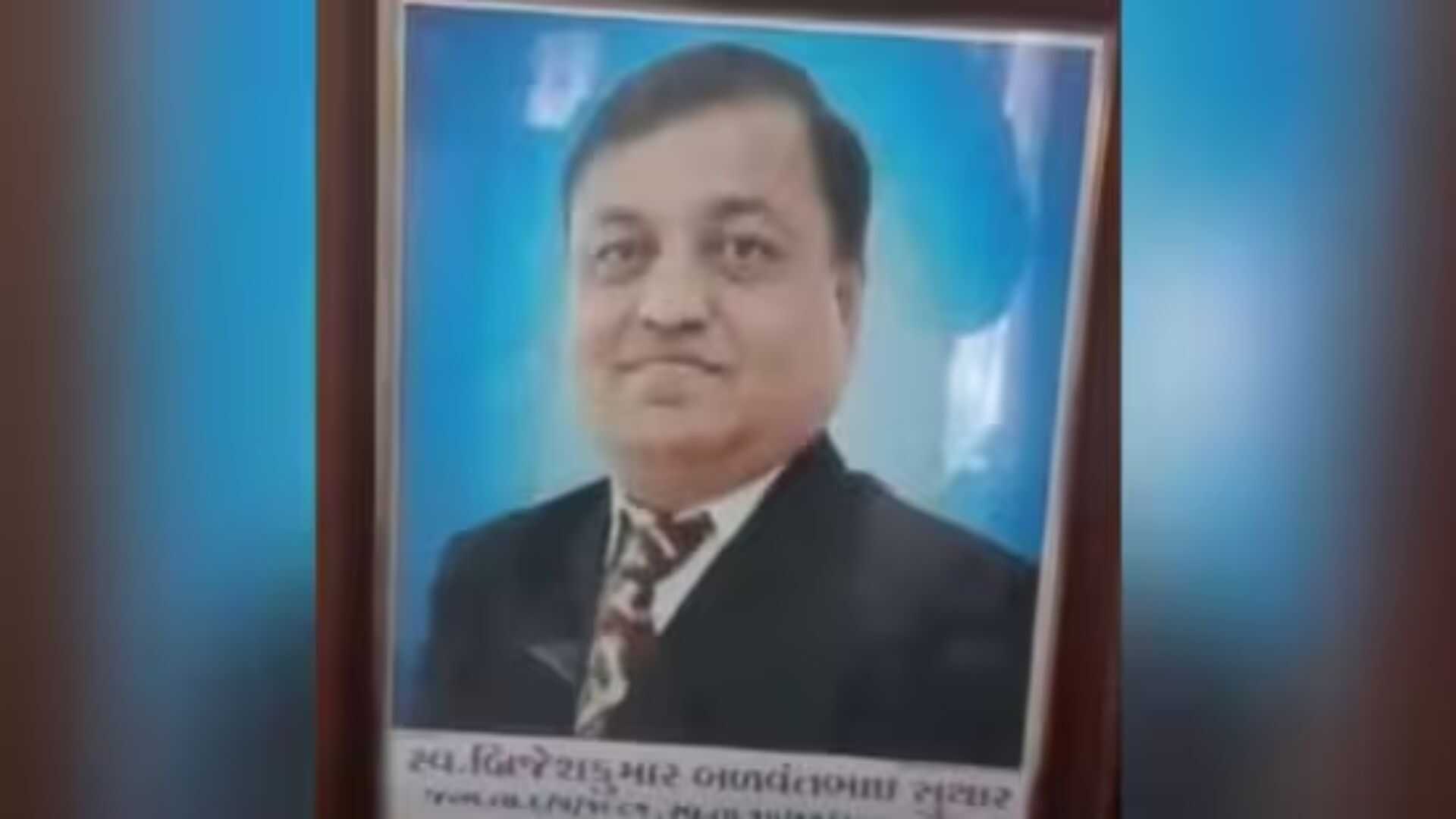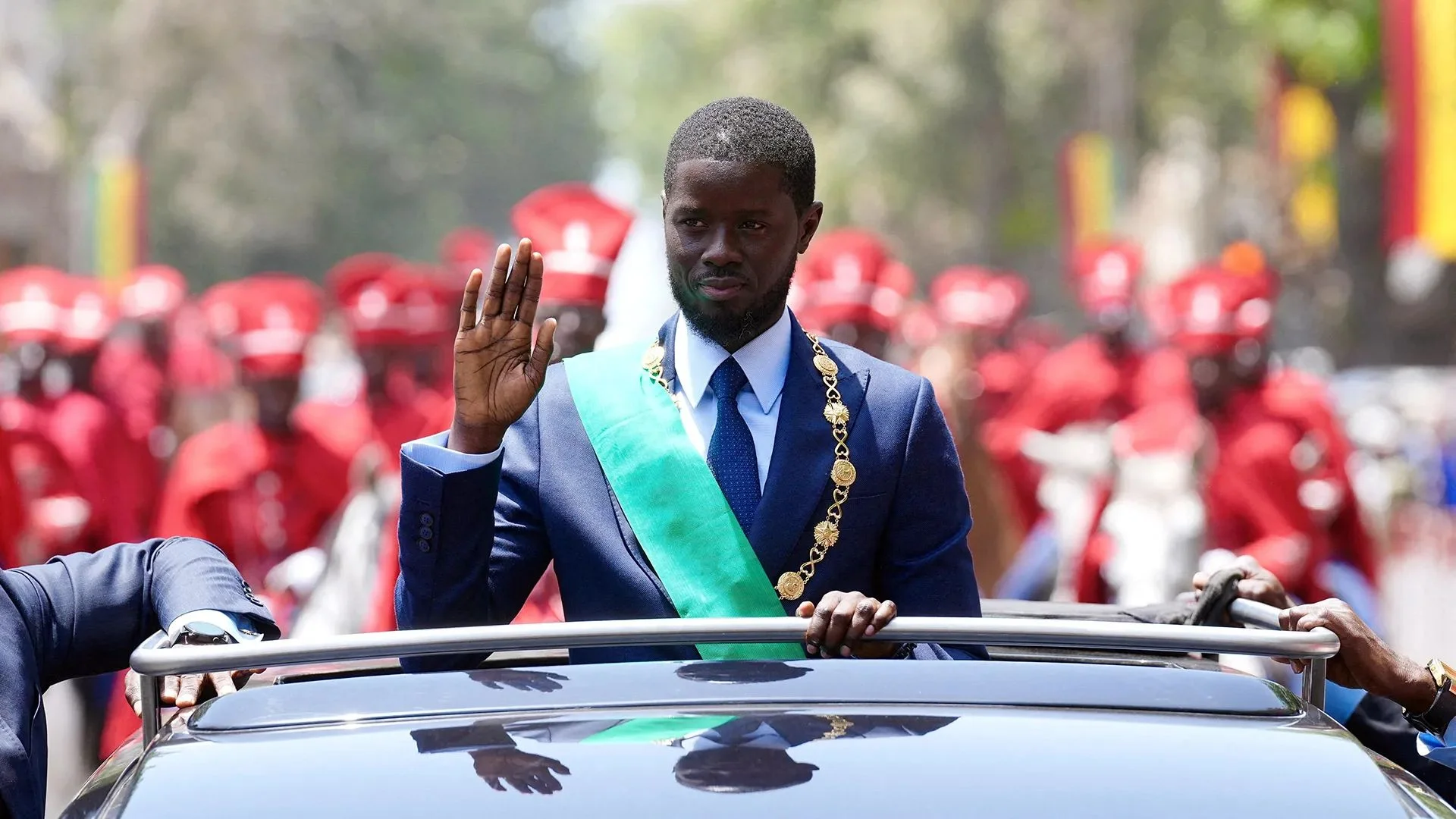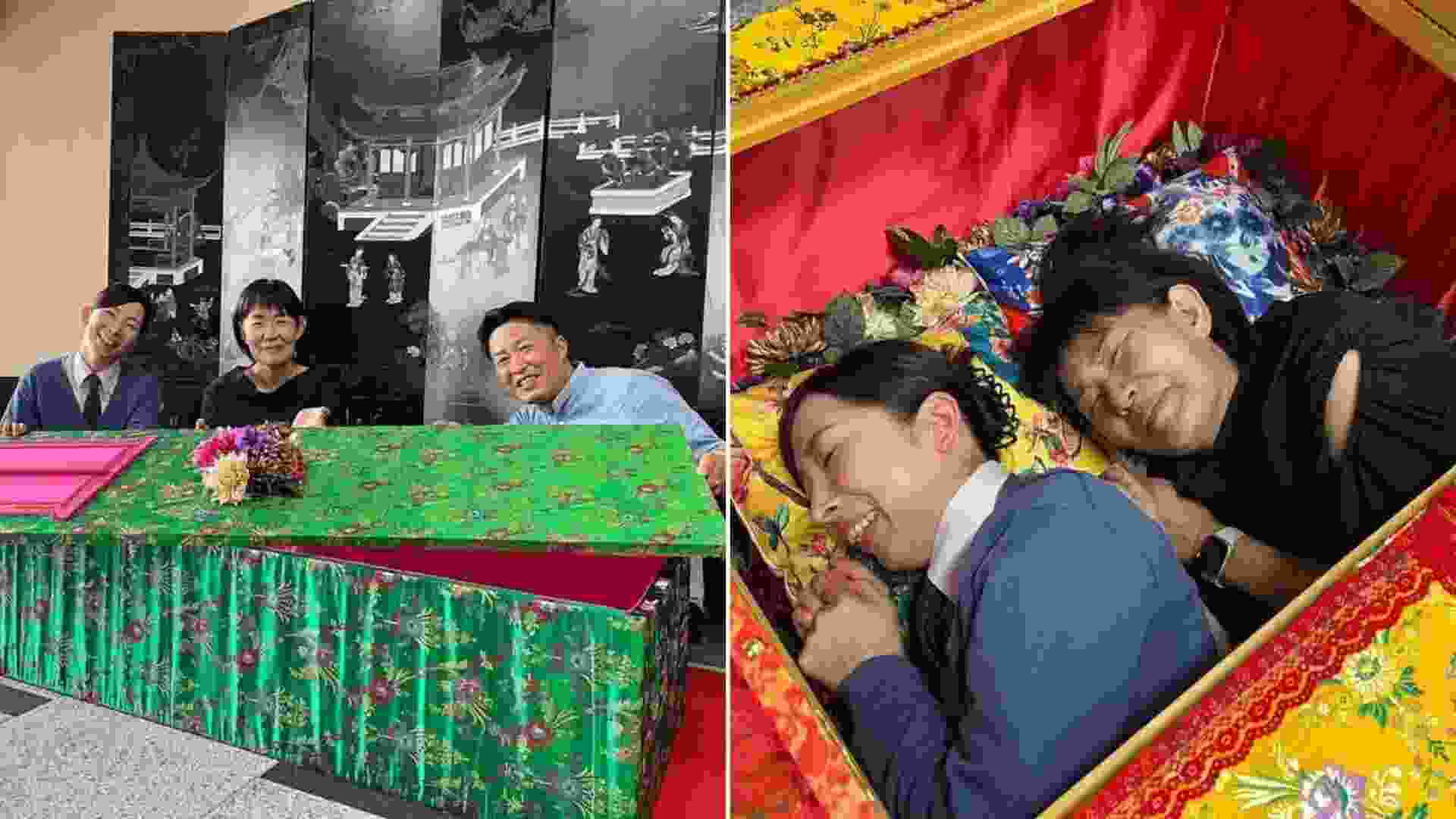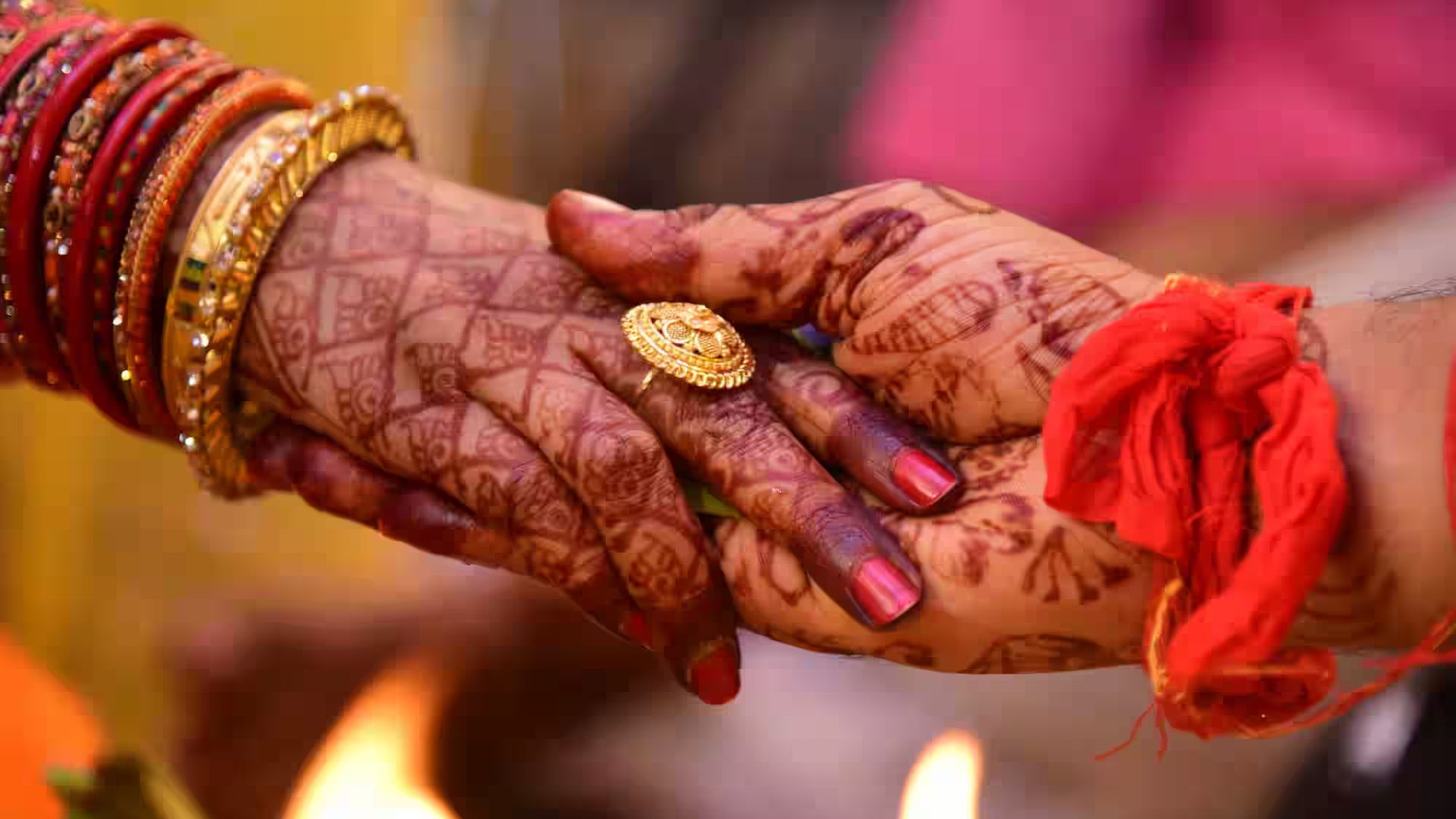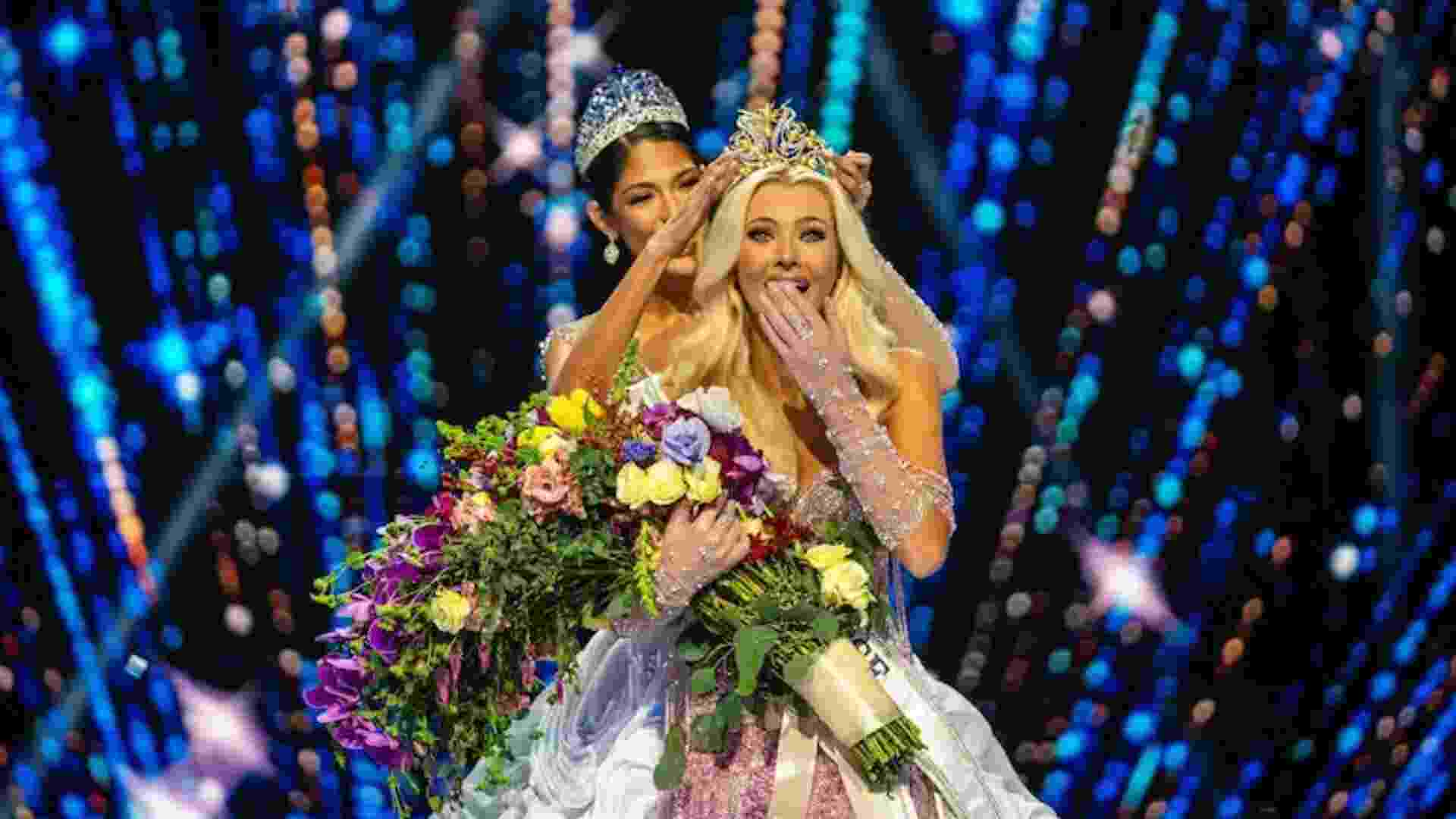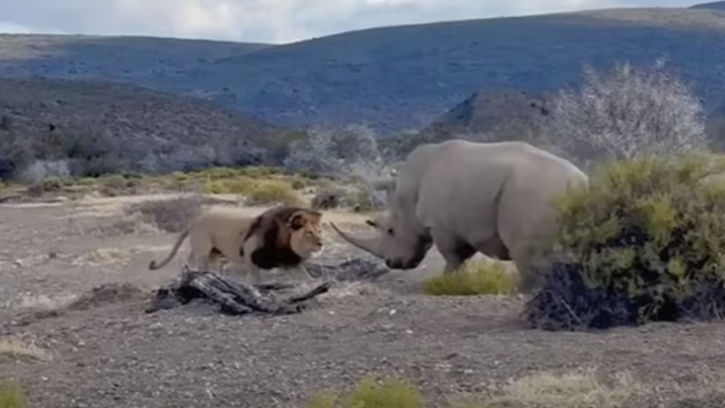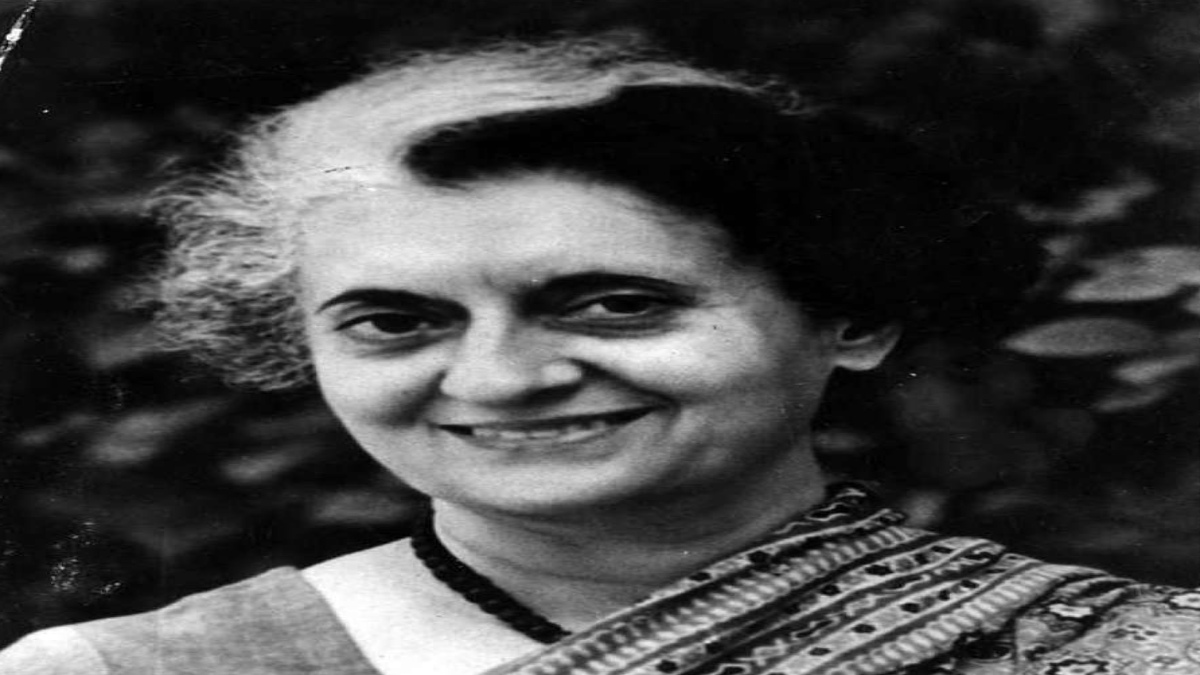
After Pandit Jawaharlal Nehru’s death, Lal Bahadur Shastri assumed the role of Prime Minister, but his tenure was cut short to about eighteen months due to his untimely passing in Tashkent. Following this, the Congress party transferred the Prime Ministerial responsibilities to Nehru’s daughter, Indira Gandhi, who, at the time, faced challenges due to her relative youth and inexperience, leading senior Congress leaders to dominate decision-making over her.
On November 12, Indira Gandhi was expelled from the Congress party, marking a significant turning point. In 1966, she had ascended to Prime Minister while K. Kamaraj served as Congress President, succeeded the next year by S. Nijalingappa. Despite winning the 1967 general elections, Gandhi struggled to consolidate control over both the government and the party, facing opposition from senior leaders who considered removing her from office, including Nijalingappa.
Amidst these internal tensions, the sudden death of President Dr. Zakir Husain prompted Congress leaders to nominate Neelam Sanjiva Reddy for the presidency without consulting Indira Gandhi. In response, she aligned with V.V. Giri in the presidential race. Despite her efforts, Giri won the election, further straining relations between Gandhi and the Congress leadership.
The culmination came on November 12, 1969, when Indira Gandhi was ousted from the Congress party, leading her to form a new faction known as Congress (O). This division split the Congress party into two significant factions. Gandhi garnered significant support from members of parliament, solidifying her influence over both the government and the organization.
In subsequent years, Indira Gandhi continued to assert her leadership, serving as Prime Minister until 1977 and again from 1980 until her assassination in 1984.
